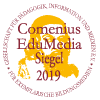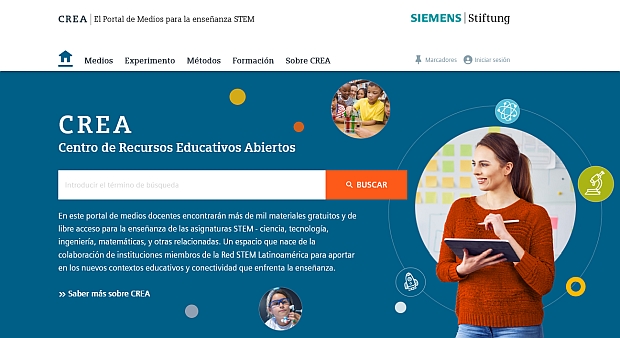8. Renewable energies – 8.4 Storage of energy in a capacitor (teacher instruction)
Text
Experimentation instructions:
Background information on the content and practical information on conducting the “Storage of energy in a capacitor" experiment.
Available in:
English
Type of media:
Text
Last update:
2022-10-24
License:

This medium is made available under a CC BY-SA 4.0 international license.
What does this mean?
How to reference this medium

This medium is made available under a CC BY-SA 4.0 international license.
What does this mean?
How to reference this medium
Media package:
Description:
The experiment provides insight into one example of storing renewable energies. If capacitors have been introduced in prior lessons, the Gold Cap also shows the development of electronic components and depicts a further use of capacitors.
One item deals with „Technical application and vocational orientation“.
Information and ideas:
• Do not short-circuit the Gold Cap capacitor. Take care that the alligator clips do not touch when connecting them to the Gold Cap capacitor. Connect the positive pole only to the positive pole, and the negative pole to the negative pole. If you are not sure pole of your wind turbine is positive, test the polarity with a digital multimeter.
• The Gold Cap is a double-layer capacitor consisting of two layers of activated carbon which are separated by an organic electrolyte.
One item deals with „Technical application and vocational orientation“.
Information and ideas:
• Do not short-circuit the Gold Cap capacitor. Take care that the alligator clips do not touch when connecting them to the Gold Cap capacitor. Connect the positive pole only to the positive pole, and the negative pole to the negative pole. If you are not sure pole of your wind turbine is positive, test the polarity with a digital multimeter.
• The Gold Cap is a double-layer capacitor consisting of two layers of activated carbon which are separated by an organic electrolyte.
Learning resource type:
Experiment
Subjects:
Chemistry; Physics; Technology
Grade levels:
Grade 7 to 9; Grade 10 to 13
School types:
Middle/high school; Vocational training
Keywords:
Capacitor (electricity); Chemical reaction; Electricity; Hydroelectric plant; Renewable energy; Solar energy; Solar technology; Wind power plant
Bibliography:
Siemens Stiftung Media Portal
Author:
Dr. Ramon Leyendecker
Rights holder:
© Siemens Stiftung 2022



